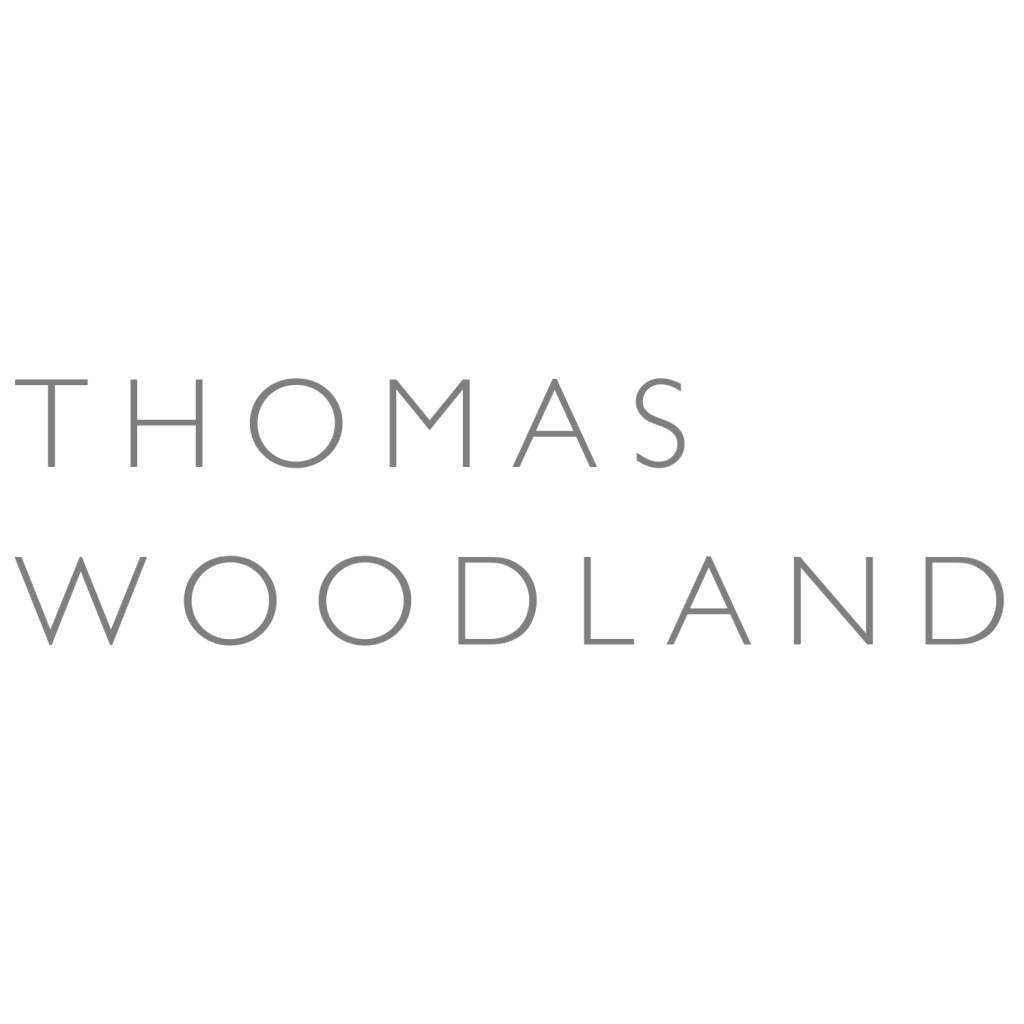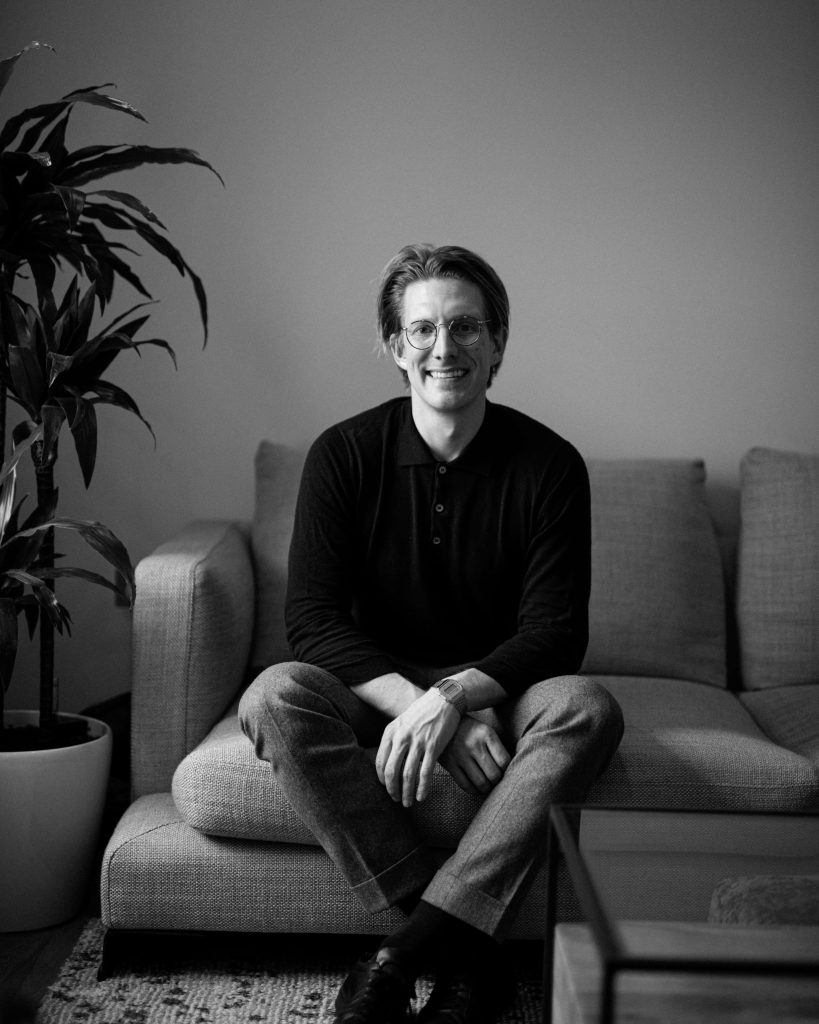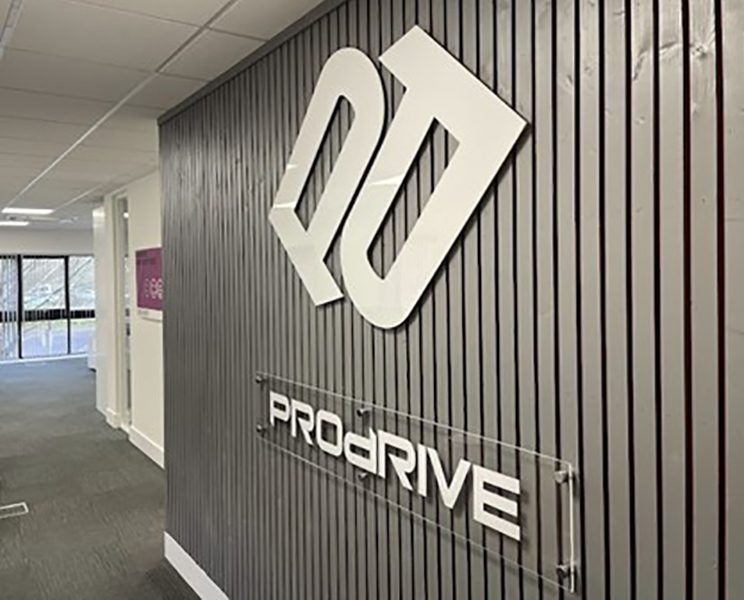Thomas Woodland

Tell us a bit about yourself and the consulting service you provide
Hi there! I’m Thomas Woodland, although many people call me Woody. I live and work from Marylebone in Central London.
I have an MBA from London Business School and I worked as a private equity investor and strategy consultant for over a decade. These days I have my own consulting practice, helping leaders and executives to increase their output and improve their results, at the same time as eliminating a great deal of the stress they currently experience.
Simply, this has a game-changing impact on how they perform. They become more engaged and creative at work, and they have far more fun in the process. It really is a double win! When people are clear-minded and they find it easy to make rapid progress in their careers, they’re able to get the best out of their teams, and their businesses generate better profits.
Outside of work, I’m an absolute fitness fanatic and a dream of mine is to become a Barry’s Bootcamp instructor, which I plan to do alongside my consulting practice. I qualified as a personal trainer during lockdown, and I had my first Barry’s audition in June. Fingers crossed!
Having said this, I do also LOVE a great burger. If I had to choose one meal for the rest of my life, it would have to be a burger and chips!
What’s your consulting approach?
Businesses are made up of human beings. Therefore, all business problems are human problems in disguise. And the most overlooked factor in business performance is the human element. My approach is to help leaders, executives, and their teams to understand the human element so that they can remove the inefficiencies and ineffectiveness in their business and find innovative solutions to persistent and complex problems.
Simply, I show leaders and teams:
- What’s happening when they’re at their best
- What’s getting in the way when they’re not
- How to be at their best more often
- How to do less damage when they’re not
The reason my approach is so reliable is because humanity is suffering from a widespread misunderstanding about how the human mind works. And this misunderstanding leads to a great deal of the inefficiency and ineffectiveness that we see in leadership and in business. It’s very difficult to perform at your best and get the best out of your team, unless you understand what’s going on behind the scenes in the human mind.
This is where my consulting differs from how most businesses try to solve problems, and to the standard consulting approach. Most businesses take their assessment of a problem as solid and then look for solutions to this solid problem through analysis. When they can’t figure it out on their own, they hire consultants to help them. The thing is, this analytical problem-solving approach totally misses the fact that the problem was “made up” (literally) in the minds of the executives and team members who are now trying to solve it.
And, because of the misunderstanding, most people are oblivious to this fact. In other words, they’re totally blinded by “the problem” that they created. And the more analysis and overthinking they do about “the problem”, and the more consultants and experts they get involved, the more complex and intractable it looks. And the more complex it looks, the fewer solutions there are. Sound familiar?
So, I help leaders and executives understand how the problem was created in the first place so that they can address it at the root cause. This opens a whole world of opportunity, from which fast breakthroughs can be made.
What has been the most rewarding part about starting your own business?
Undoubtedly, building something that suits my strengths and passions perfectly. Something that I love doing, and that makes a huge difference in the lives and businesses of others at the same time.
The reason I left my job in private equity was because I worked very long hours purely for the money. It was a means to an end, only I never got to enjoy the end. To be honest, I’ve never liked being in an office behind a computer for long periods of time, and unfortunately, that was a big part of my old job. But I’ve always loved being with people and hearing about their lives, their ambitions, and their businesses. I find people incredibly interesting, so doing what I do now makes perfect sense to me. It’s a joy.
What I love about having my own business is that it’s constantly evolving and unfolding in a way that allows me to enjoy it and have fun with it. When I started my business, I didn’t know how it would look in the next week, let alone in the next year, and that’s still true today. I love how unknown it is. I find it exciting! And having my own business allows me the freedom to innovate and jump on new possibilities when they come.
From my work with clients, I see that many people find a great deal of comfort in having everything figured out. But what they don’t realise is that this sense of control is an illusion. It doesn’t exist. And this pandemic continues to provide us with proof of this! Fortunately, as human beings, we’re built to adapt and respond in an ever-changing world. We’re at our best and most creative when we embrace this. Having my own business is the perfect platform for me to have fun with this built-in adaptability and creativity.

What is the greatest challenge you’ve come across in your business?
Two things come to mind:
Firstly – from a business perspective – and somewhat paradoxically, is that I have total autonomy on the direction that take my business in. As I mentioned in my previous answer, this is also what I love most about having my own business. However, at first, having an infinite number of options was dazzling and challenging. It took me some time to understand exactly what I was doing.
This is also something that I see regularly when working with entrepreneurs versus when working with executives in larger organisations. Whereas in an organisation, strategy and direction are largely pre-determined, as an entrepreneur there are just so many possibilities. In the end, I’ve just become comfortable trying things out without too much thought – seeing what feels good, seeing what works, and seeing what doesn’t.
Since I realised this, I’m amazed by how often I see this same challenge in my work with clients. Entrepreneurs get stuck far more often than executives working in organisations, purely because in an organisation the agenda is already set. The learning edge for an executive is improving their execution – things like productivity and decision making. And improving execution is the easy part. Entrepreneurs need to get moving first and, generally, people seem to find that more difficult.
Secondly – from a delivery perspective – when working with teams I’ve found that every individual is on their own learning journey, and it takes care to keep everyone engaged and up to speed. The thing is, business people are busy and have lots of time-critical tasks that they want to be getting on with. So, it’s not unusual for at least one person in a group to want to be elsewhere. Engaging those people and bringing them along can be a challenge. I’m constantly learning, but that’s fun too!
What advice would you give to budding entrepreneurs?
Firstly, relax and be yourself.

You’re perfect as you are. The more comfortable you are with this, the better you’ll do. Wanting to improve yourself or trying to be someone else is going to exhaust you. It’s also a never-ending pursuit. And other people can sense that discomfort. People really connect with authentic and happy people. So, relax and be yourself.
Secondly, have fun with what you do. Enjoy it.
If you can find enjoyment in what you do, you’ll want to do more of it. If you do more of what you do, you’ll get better at it. If you get better at what you do, then you’ll be more successful at it. And this is a virtuous cycle… but the easiest entry point is at enjoyment. Because when humans enjoy something, they naturally want to do more of it. Then you’ll get a lot more done, with a lot less stress and effort.
Thirdly, my three-step process for entrepreneurship goes something like this:
- Try shit
- See what happens
- Try more shit
Simply, it’s so much easier to find our way once we’re in action than when we’re thinking about what action to take next. Humans do great once they’re moving, and not so great when they’re stuck in analysis.
Once you’re moving, the world gives you fresh information, you’ll have innovative ideas, and you’ll find new opportunities easy to come by. If you’re desperately trying to figure everything out before you’ve even got going, you’ll miss out on all this incredibly valuable feedback. Get in the feedback loop!
Follow this three-step process and your built-in adaptability and creativity will do the rest. I promise 🙂



